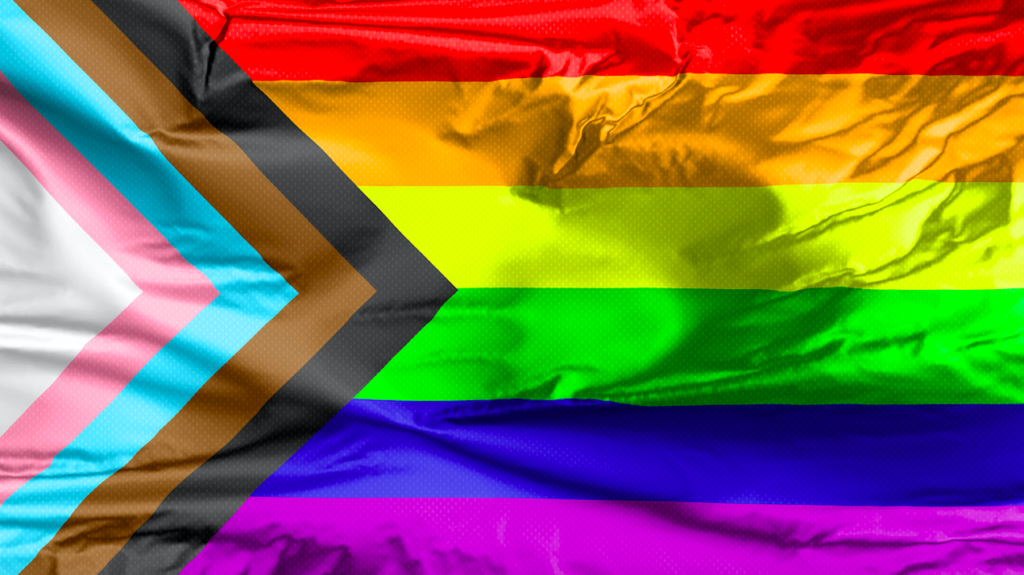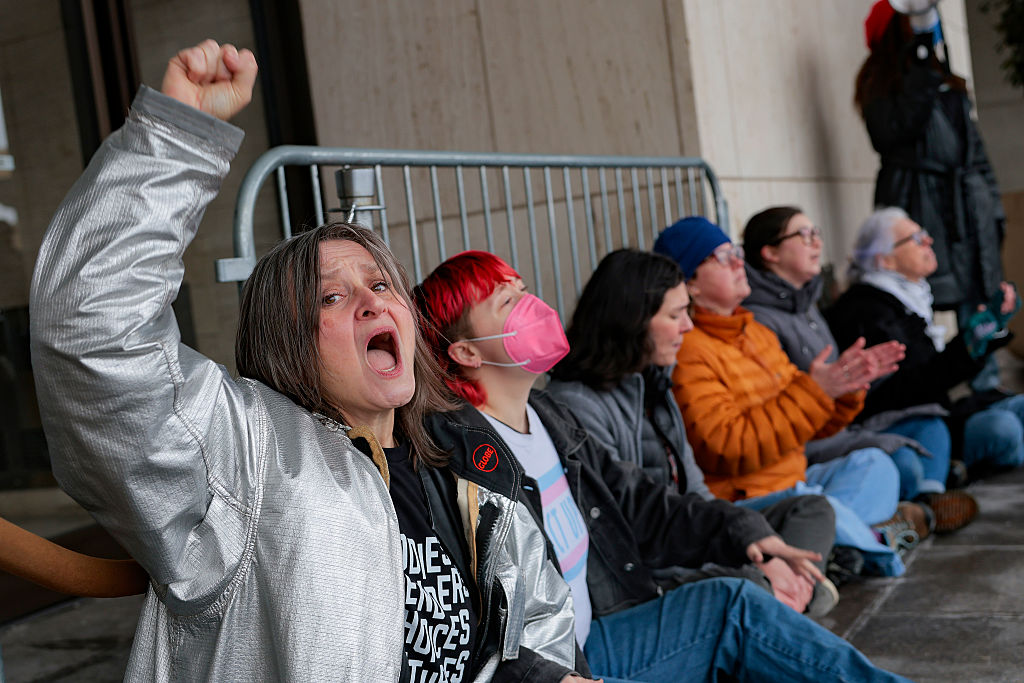The National Black Justice Coalition Issues Statement Supporting Equality Act

“The Equality Act is a bill for us all: It is designed to ensure that everyone in this country is treated with respect, dignity, and equality, regardless of who we are or how we show up in the world.”
The National Black Justice Coalition (NBJC) has released a statement in support of the Equality Act, which the House of Representatives will vote on next week.
The Coalition signaled support for the bill, which would extend protections to persons in a variety of marginalized communities. “The Equality Act would provide clear and consistent federal protections for LGBTQ+/SGL people, but it’s critical to underscore that the bill also offers important protections for Black people, women, and members of other marginalized, stigmatized communities, including poor white people,” said David J. Johns, executive director of the NBJC in a statement released today. “The Equality Act is a bill for us all: It is designed to ensure that everyone in this country is treated with respect, dignity, and equality, regardless of who we are or how we show up in the world.”
The Equality Act would add LGBTQ+ persons into pre-existing civil rights protections, making it more difficult for future presidential administrations, or Supreme Court decisions, to chip away at current anti-discriminatory protections. The NBJC also notes that it would expand protections into public accommodations, such as bars, where persons of color have historically been discriminated against.
“The passage of the Equality Act is an essential move that will ensure our country is offering freedom and equality to all who live here,” said NBJC deputy executive director Victory Kirby York. “It protects groups that have, for far too long, been vulnerable to bias, violence, and harm simply for living openly as their authentic selves. We urge Congress to act swiftly in sending this bill to the White House for President Biden to sign.”
The Washington Blade reports that strategy talks for getting the bill passed through the House and Senate are currently underway between lawmakers and rights advocates. However, with some Republicans already signaling opposition, along with the spectre of anti-trans sports and bathrooms bills emerging in state legislatures around the country, the bill could face an uphill battle.












